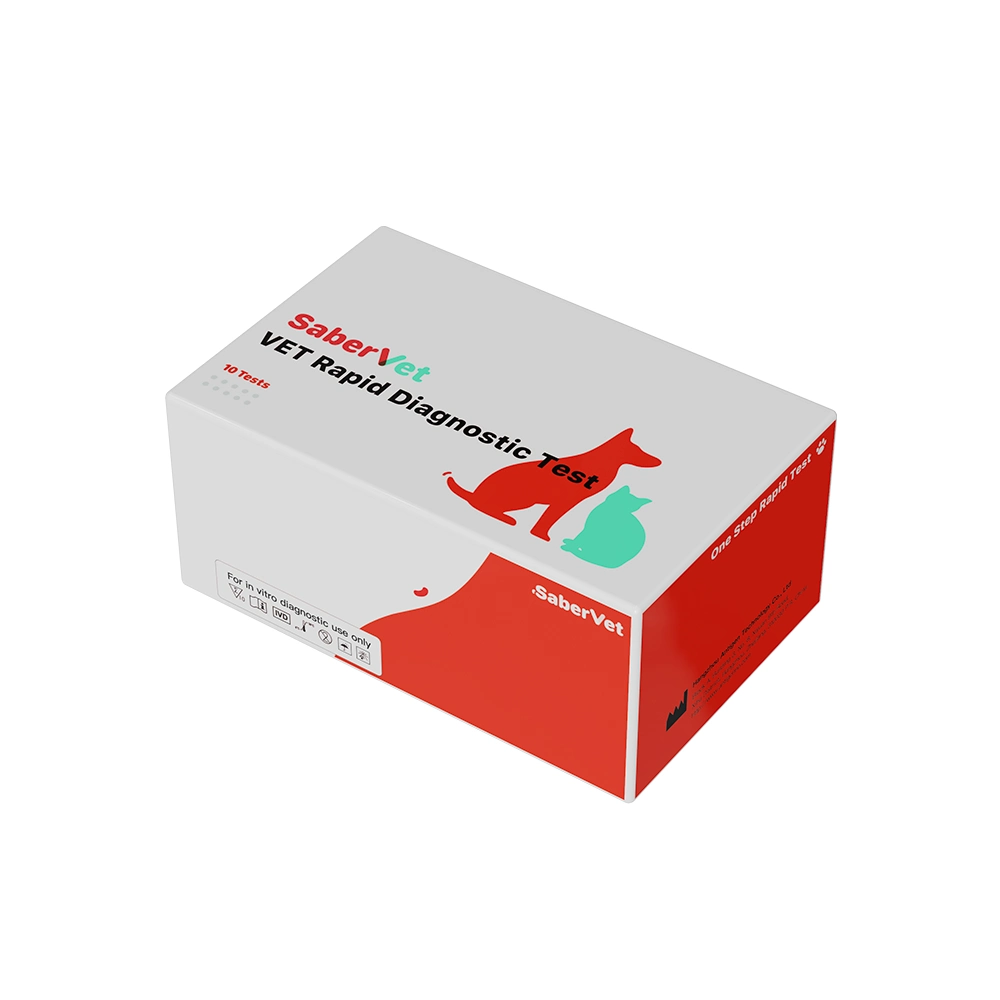Feline Immunodeficiency Virus (FIV) is a virus that causes damage to a cat’s immune system, similar to HIV in humans. Cats infected with feline immunodeficiency virus can be asymptomatic for a long time, but as the disease progresses, the immune system is gradually impaired, leading to secondary infections and diseases.
1.Clinical symptoms
Feline immunodeficiency virus-infected cats may have no obvious symptoms for several years, but as time goes by, the symptoms will gradually appear and worsen. Symptoms are usually divided into three phases:
Acute phase (weeks to months after infection): elevated body temperature, generalized lymph node enlargement, loss of appetite and weight, mild stomatitis and gingivitis.
Incubation phase (ranging from a few years): no obvious symptoms, virus lurks in the body and the immune system is gradually compromised.
Late stage (immunodeficiency stage): persistent oral infections and inflammation, recurrent respiratory infections such as rhinitis, bronchitis, chronic skin disease, pyoderma, prolonged diarrhea, malnutrition, persistent fever, significant weight loss, anemia, behavioral changes, seizures.
2.Transmission
Bite transmission: It is mainly transmitted through bites, especially occurring in male cat fights. When biting, the virus enters the wound through saliva.
Vertical transmission: female cats can pass the virus to their kittens during pregnancy, labor or lactation, but this mode of transmission is less common.
Sexual contact: occasionally transmitted through mating.
3.Clinical diagnosis
Initial diagnosis is made on the basis of the cat’s history and clinical symptoms. Laboratory diagnosis is then carried out. Antibody detection: Detection of feline immunodeficiency virus antibodies in blood by enzyme-linked immunosorbent assay (ELISA) or immunofluorescence assay (IFA). PCR detection: PCR detection of viral DNA to confirm infection.
4.Preventive and curative measures
Avoid contact with infectious sources: Keep cats indoors and avoid contact with foreign cats, especially to prevent cat fights. Isolation measures: Feline Immunodeficiency Virus test for newly introduced cats to ensure health before contact with other cats. Vaccination: Feline Immunodeficiency Virus vaccine is available in some areas, but effectiveness and recommendations for use vary by region.
Infection control: There is no specific drug that can completely clear the feline immunodeficiency virus, but the quality of life of cats can be improved by controlling secondary infections and symptom management. Antibiotic therapy: Treats secondary bacterial infections.
Antiviral medications: Some antiviral medications (e.g., interferon) may help reduce symptoms, but have limited effect. Supportive therapy: Provide nutritional support, maintain oral hygiene, and conduct regular physical examinations to monitor disease progression. Nursing management: Regular checkups and nursing care to prevent secondary infections and maintain a good hygienic environment.
5.Feline Immunodeficiency Virus Antibody Test
Antigenne has developed a Feline Immunodeficiency Virus Antibody Test that uses cat blood as the sample. This method is fast, convenient and highly accurate, and can be used as an effective means for users to detect whether cats are infected with feline immunodeficiency virus. The felv fiv combo test is the choice of most of our customers because it is more convenient to test for multiple threatening pet cat diseases at once.













